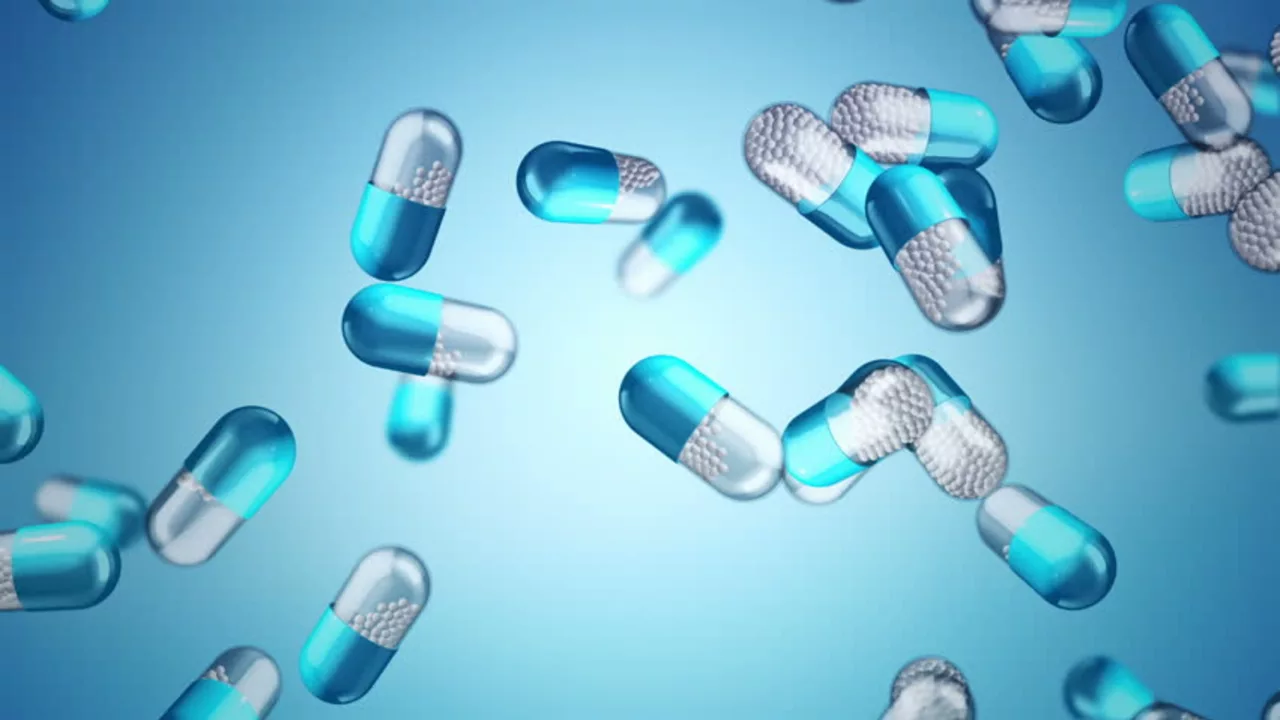Unseen Threat: Pharmaceuticals in Waterways
How often do we pause to consider the journey our medications take once they've served their purpose in our bodies? The truth is, most of us don't. Once a pill is swallowed, or a cream applied, we tend to forget about it. However, our bodies don't absorb every bit of these drugs. What isn't absorbed is excreted and, ultimately, ends up in our waterways. And ibuprofen, a common over-the-counter painkiller, is no exception. Every day, vast quantities of ibuprofen end up in our rivers, streams, and oceans, and the impact on the environment is far from benign.
Understanding the Journey: From Medicine Cabinet to River
When we take a painkiller like ibuprofen, our bodies absorb what they need and excrete the rest. This excreted waste, along with unused or expired medications that are flushed down the toilet or drain, eventually finds its way into our sewage systems. Despite the best efforts of water treatment plants, trace amounts of pharmaceuticals like ibuprofen can end up in the treated water that is released back into the environment. The result? Our rivers, streams and oceans are becoming reservoirs for these drugs.
The Impact on Aquatic Life: Invisible Victims
Research has shown that the presence of pharmaceuticals in waterways can have a profound impact on aquatic life. In some cases, these chemicals can alter the behavior, reproduction, and growth of aquatic organisms. For instance, studies have found that ibuprofen can reduce the fertility of fish, disrupt the growth and development of aquatic insects, and even affect the behavior of water fleas. These impacts can ripple up the food chain, affecting larger predators and, ultimately, entire ecosystems.
The Human Element: Our Health at Risk?
The concentration of pharmaceuticals like ibuprofen in our waterways is currently low – certainly too low to have a direct impact on human health. However, we don't fully understand the long-term effects of chronic exposure to these chemicals. Could they accumulate in our bodies over time? Could they interact with other chemicals in the environment to produce toxic effects? We simply don't know. What's clear is that we need more research to understand the potential risks.
What Can We Do: Reducing the Environmental Footprint of Pharmaceuticals
Reducing the amount of pharmaceuticals in our waterways is a complex challenge that will require action on many fronts. We can start by disposing of unused or expired medications properly, rather than flushing them down the toilet or drain. We can also advocate for stricter regulations on pharmaceutical waste, and support research into green pharmacy – the development of drugs that are not only effective for us, but also less harmful to the environment. Finally, we can strive to lead healthier lifestyles, reducing our reliance on medications and, ultimately, the amount of pharmaceuticals that end up in our waterways.
It's time for us to acknowledge the environmental impact of our medications, and to take action to reduce it. The health of our planet – and, potentially, our own health – may depend on it.

